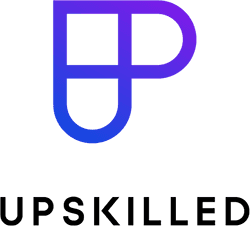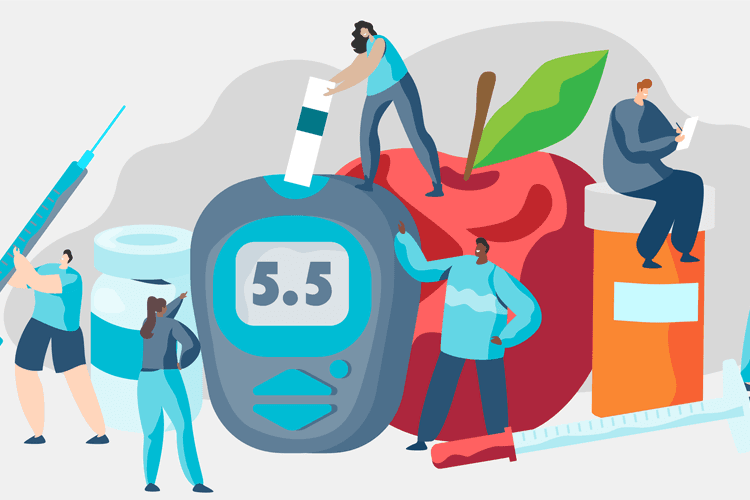Youth worker job description
Let’s get real. Job information online can often be overly optimistic — conveniently glossing over the raw bits. But when you’re making decisions about your future, you need all the facts.
That’s why we anonymously surveyed youth workers about their job, with hopes of getting an honest insight into what it’s really like.
While we did our best to ensure respondents were Australians and verified their job titles with proof of employment, we can’t guarantee complete accuracy — or that your experiences in the field will reflect theirs. So, we suggest that you take these insights as a guide only and try to talk to people in the field before making an important decision.
Tasks and responsibilities for a youth worker
A youth worker supports the development of young people in the social and emotional challenges they face. They provide supportive assistance and advice through life mentorship aspects in areas such as study and work. To be successful in this role, you are someone who is strong mentally and has a compassionate personality. Through this role as a youth worker, you will be able to support vulnerable kids and teens through their mental health issues, tough life situations, and various challenges.
- Mentoring and acting as a role model to young people
- Running workshops and events
- Project and outreach program planning
- Facilities management in youth centres
- Administration and record-keeping
- Dealing with local authorities
- Referring clients to relevant support services
- Arranging food, shelter and clothing for young people in need
How to become a youth worker
-
Study a certificate
Completing a course like a Certificate IV in Youth Work provides you with the core skills needed to start an entry-level position in youth work. Learn more about youth work course details, course enrolment fees or payment plans, elective units, and more by enquiring today.
-
Study a diploma
If you have had any prior volunteering or work experience in the youth work industry, studying a Diploma of Youth Work or Community Services gives you broader skills in the role and may boost your chances of being noticed during recruitment.
-
Get a Working with Children Check
In any child-related work setting, employees need a Working with Children check. This check is usually a part of the recruitment process when applying for a job.
Pathway options
Youth work could be the start of an exciting career journey into other areas. Social service positions come in many shapes and sizes and are plentiful here in Australia.
Some pathways for you could be:
Junior
-
Support worker
Most common qualification: Certificate III in Community Services (CHC32015)
-
Youth support worker
Most common qualification: Certificate III in Community Services (CHC32015)
-
Volunteer coordinator
Most common qualification: Diploma of Community Services (CHC52015)
Mid
-
Outreach worker
Most common qualification: Certificate IV in Mental Health (CHC43315)
-
Family support worker
Most common qualification: Certificate IV in Child, Youth and Family Intervention (CHC40313)
-
Community development officer
Most common qualification: Diploma of Community Development (CHC52115)
-
Youth housing worker
Most common qualification: Certificate IV in Youth Work (CHC40413)
Senior
-
Case manager
Most common qualification: Advanced Diploma of Community Sector Management (CHC62015)
-
Community development manager
Most common qualification: Advanced Diploma of Community Sector Management (CHC62015)
Explore related qualifications
Certificate IV in Youth Work
This qualification provides the foundational skills for working with and supporting young people in the community. Learn how to facilitate and develop services to address young people’s social, behavioural, health, welfare, and protection needs.
The average duration of this course is one year full-time, and it can be delivered online or in-class. You need to complete work placement requirements and may be able to study self-paced, depending on the course provider.
Government funding or fee subsidies are often available for youth work qualifications. In Victoria, the Certificate IV in Youth Work is offered under Free TAFE, so you may not have to pay anything for your course. Enquire about a course to find out if you’re eligible.
6 providers offer this course






Diploma of Youth Work
This course provides the skills to work with vulnerable young people and guide them to achieve their life goals.
A Diploma in Youth Work follows a Certificate IV by diving further into the technical skills required for the role. Entry requirements depends on the course provider.
The average course duration is one year, and it can be delivered online, in class, or blended. There’s also a work placement component.
Government funding or fee subsidies may be available to you. Enquire about a course to find out if you’re eligible.
9 providers offer this course









Diploma of Community Services
This course provides skills for managing and coordinating support services to individuals, groups, and communities.
This qualification level offers specialised skills in community services and prepares the learner to work autonomously and supervise other workers under the broader direction of senior employees in the industry.
The average course duration is 18 months, and many providers offer a blended learning format. This course also involves a work placement.
Government funding or fee subsidies may be available to you. In Victoria, the Diploma of Community Services is offered under Free TAFE, so you may not have to pay anything for your course. Enquire about a course to find out if you’re eligible.
9 providers offer this course









Advanced Certificate in Youth Development and Counselling
This short course provides skills in childhood development, counselling and mental health in young people.
This course is an excellent option if you would like a self-paced course that’s entirely online.
The course duration is 300 hours and is not government funded.
2 providers offer this course


Certificate IV in Child, Youth & Family Intervention
This course is the minimum requirement for a role in youth and family intervention, including practice specialisations in residential and out of home care, family support and early intervention. You’d be qualified to work under broad supervision by senior staff members.
Some course providers require you to be currently employed and have relevant experience to enrol in this course. Some require applicants to undergo a Pre-training and Language Literacy and Numeracy Assessment, which the provider arranges.
The average duration for this course is one year, which can be self-paced and can be delivered in a blended learning format. There is a work placement element involved.
Government fee subsidies may be available to you.
2 providers offer this course


Related subjects
Jobs that allow you to help people in vulnerable situations aren’t just limited to youth work. Other roles that put you amongst the community are plentiful and always need people that want to make a difference.
Some other subjects to explore:
Related articles
If you think you are ready to learn more about a role as a youth worker, you can delve into a vast range of related resources:
Reviews
Reviews are from Australian workers with this job title or a very closely related one.
Is this your job title?
Share your thoughts and help people decide if this job is right for them.
- All
- Positive
- Negative
Kyra
Aug 23 2021Helping young people when they don't want to help themselves
What are the best parts of the job?
Connecting young people with services.
What's the most challenging part?
Young people not wanting to help themselves.
Cara
Aug 23 2021Working with disadvantaged and troubled youth to improve their lives.
What are the best parts of the job?
Working closely with young people who have experienced criminalisation and incarceration
What's the most challenging part?
Working with external stakeholders who have different frameworks and approaches
Ally
Aug 24 2021Confronting but rewarding and beneficial
What are the best parts of the job?
Being able to rebuild trust towards adults that has previously been lost.
What's the most challenging part?
Vicarious trauma.













